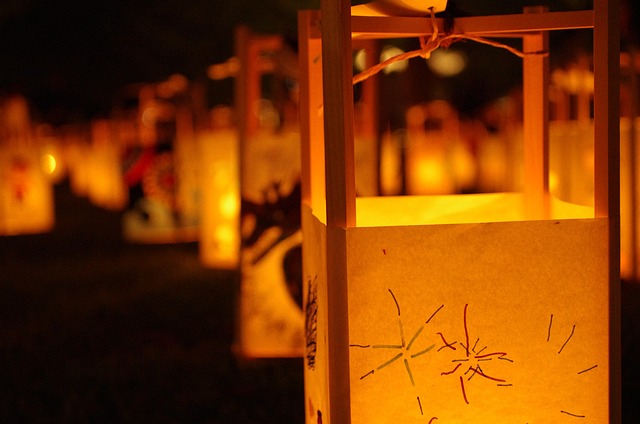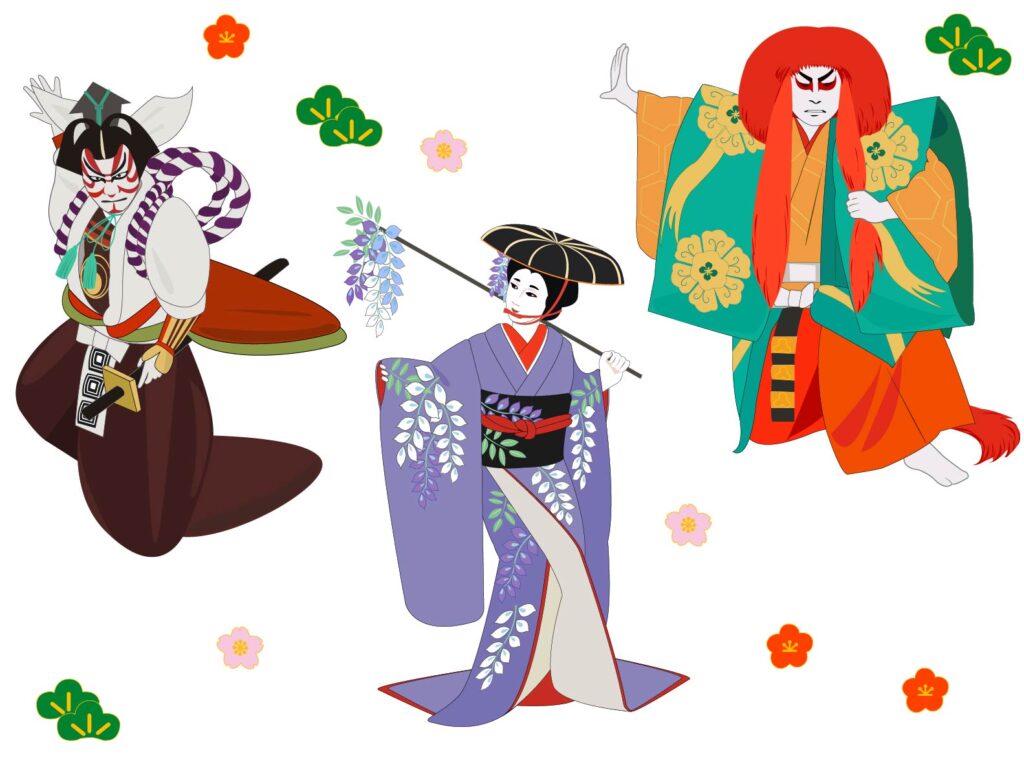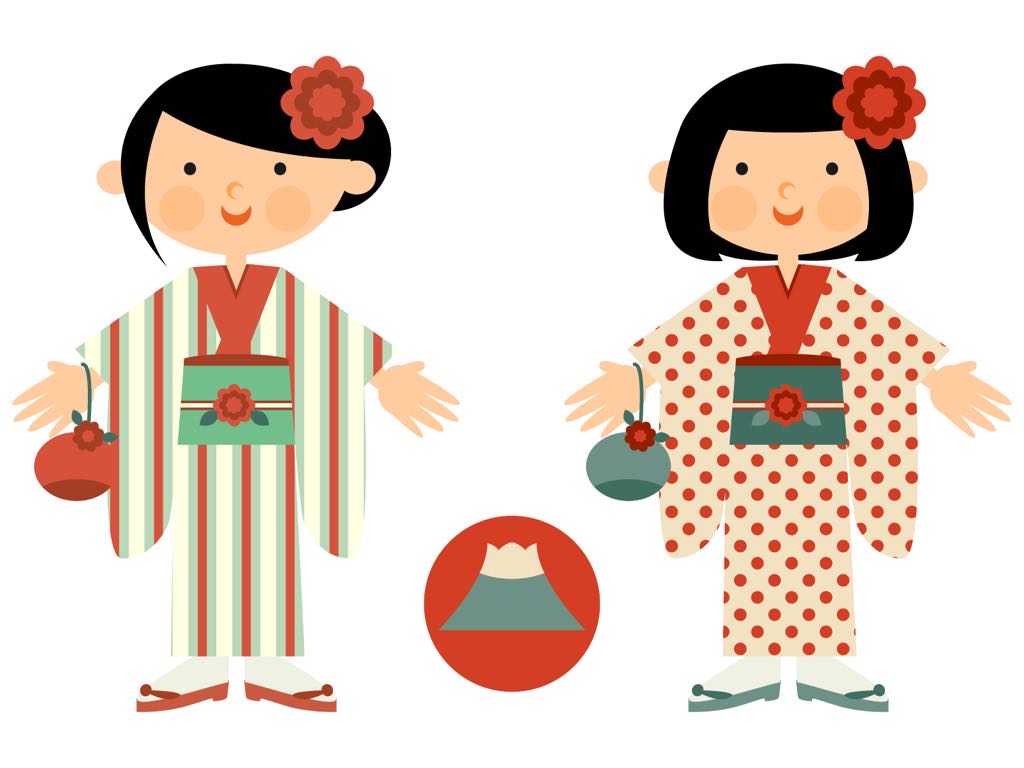
When you leave Japan, you begin to see things that you wouldn’t have noticed if you had stayed there. One of those things is the profound depth of Japanese culture.
From the Agency for Cultural Affairs
Culture, in its broadest sense, encompasses all aspects of human interaction with nature and the environment, including behaviors, lifestyles, values, and everything related to human life. When viewed as “the spiritual activities and achievements of humans striving to realize ideals,” the significance of culture can be outlined as follows:
(1) Nourishment for Living as Humans Culture brings joy, inspiration, mental peace, and the joy of living to people, enriching life and nurturing a rich humanity and creativity. Culture, fostered in a rich and beautiful natural environment, cultivates human sensibility.
(2) Foundation for a Cohesive Society Culture connects people through empathy, providing the ground for mutual understanding and respect, and forms the foundation of a society where humans can collaborate and coexist.
(3) Realization of High-Quality Economic Activities Culture significantly influences economic activities and creates new demands and high added value, contributing to the development of many industries.
(4) Contribution to the True Advancement of Humanity Amid rapid advancements in science and information technology, issues related to ethics and human values arise. A proactive cultural engagement based on human respect can lead to true human advancement.
(5) Foundation of World Peace Through cultural exchange, countries and ethnic groups understand, respect, and recognize each other’s cultures, connecting people’s hearts beyond borders, languages, and ethnicities, thus laying the foundation for world peace.
Agency for Cultural Affairs
Basic Direction for the Promotion of Culture and the Arts (Cabinet Decision, December 2002)
Despite the noticeable corruption in Japanese politics and organizations these days, I felt a sense of reassurance and happiness that Japan’s Agency for Cultural Affairs has clearly stated these basic policies.

I felt a sense of destiny when I discovered that what I had been thinking was expressed perfectly in the text.
That is why I decided to start this blog, “Wa no Manabi (Learning of Harmony),” to freely express my daily thoughts and feelings.
In the modern society driven by capitalist economics, there is a tendency to discard anything that doesn’t generate profit.
Japanese traditional culture is viewed with fresh eyes and appreciated as something wonderful by people overseas. However, it saddens me greatly that many Japanese people fail to realize its value, or even attempt to recognize it, and are letting it slip away.
An excessive admiration and worship of Western culture
A reliance on standardized information due to education
Self-deprecating thinking
These factors, I believe, have led us in the direction we are currently headed.
I hope that we can once again recognize the greatness of our own culture and that the Japanese people can take pride in their identity. I also hope that this recognition will guide us towards a better future.
Kazuhisa Kurumada’s YouTube channel, which conveys the appeal of classical music, shared thoughts that resonated with me. It was very impressive, so I wanted to introduce it to you. (Summary)
Culture and art are as necessary as economic prosperity. This is because they are directly connected to human pride.
To be happy, it is essential to have confidence in oneself. Additionally, it is important to have a certain degree of pride in one’s own country.
Some people may take pride in their country’s economic power. However, if we look at the long history, the period when countries became economically prosperous is relatively recent for most.
While economic prosperity is desirable and many people may take pride in it, I believe that having a culture is more important for national pride than having economic power.
Why does culture become a source of pride? It’s because everyone lives within such cultures, and many understand that it takes over 100 years to develop such rich cultures.
The culture that has been developed over time reflects who we are. When we realize that we have been living in such a wonderful culture, we begin to understand the true value of our environment. When we understand this value, we can live with pride.
Recently, I feel that Japanese people are losing their pride. With over 30 years of economic stagnation and stagnant wages, it’s not surprising that young people growing up in such an environment are losing confidence and pride.
Nowadays, the economy is increasingly emphasized. When priorities are set, many cultural and artistic aspects, which do not directly connect to money, are pushed aside.
However, I believe this won’t lead to good outcomes. To move in a positive direction, it’s important for individuals to have confidence and pride. This is because it is the source of their energy to work.
Therefore, it is extremely important for a country to have a soil that nurtures culture and art. Neglecting such culture and art means that our identity won’t grow, and neither will our pride.
Even if we want to do something, we won’t have the crucial energy needed.
Even if a country becomes wealthy, if it only becomes newly rich, I don’t think it’s something to be proud of. Even in tough times, if there is culture, art, and tradition, people can take pride in that and persevere.
I don’t think Japan is materially poor. However, the frequent use of the term “poverty” nowadays is probably because people’s hearts are becoming poor.
Compared to the poverty of the past, when there was a lack of food and things, today’s so-called poverty is more of an emotional issue.
Many Japanese people after the war were genuinely poor, but they still lived with pride in their country. That’s why they could persevere even in poverty. Even after losing the war, many believed that Japan could still do well, and they worked hard.
Currently, Japanese unique culture is being preserved thanks to government funding. However, it is shrinking because many Japanese people have lost sight of the value of such unique culture.
They don’t realize the greatness of their culture. Given the reality that only things directly connected to money are prioritized and culture and art are pushed aside, it’s not surprising. If this continues, culture and art will continue to be marginalized.
Having lived in Germany for over 15 years, I’ve found that culture is built on mutual understanding. By knowing the value of one’s own culture, one can respect other cultures. Conversely, recognizing the value of foreign cultures can lead to realizing the value of one’s own culture.
In my experience, people who understand some form of culture or art often show understanding toward other cultures and arts. This is because they fundamentally understand the value of culture and art.

Kazuhisa Kurumada further discusses music, saying, “People who like classical music tend to understand Japanese culture more.”
I am not very knowledgeable about classical music, but I have been playing the piano and violin since I was a child. During my school years, I rarely found it enjoyable. However, after becoming an adult and settling into motherhood, I found time for myself and resumed practicing. It was then that I began to understand the joy of music.
When daily life is busy and there is little time or mental space, it is difficult to find the capacity to enjoy culture and the arts.
I believe that the way one feels enriched in mind is different for everyone.
Just as people with a lot of money have the capacity to share with others, I believe that people with rich hearts can also share their richness with others. If more people could think and act as if others’ well-being is as important as their own, without being overwhelmed by their own circumstances, society would become a much more pleasant place to live.
Culture and arts, and the richness of the mind.
I am reminded again that these are things we must never lose as human beings.